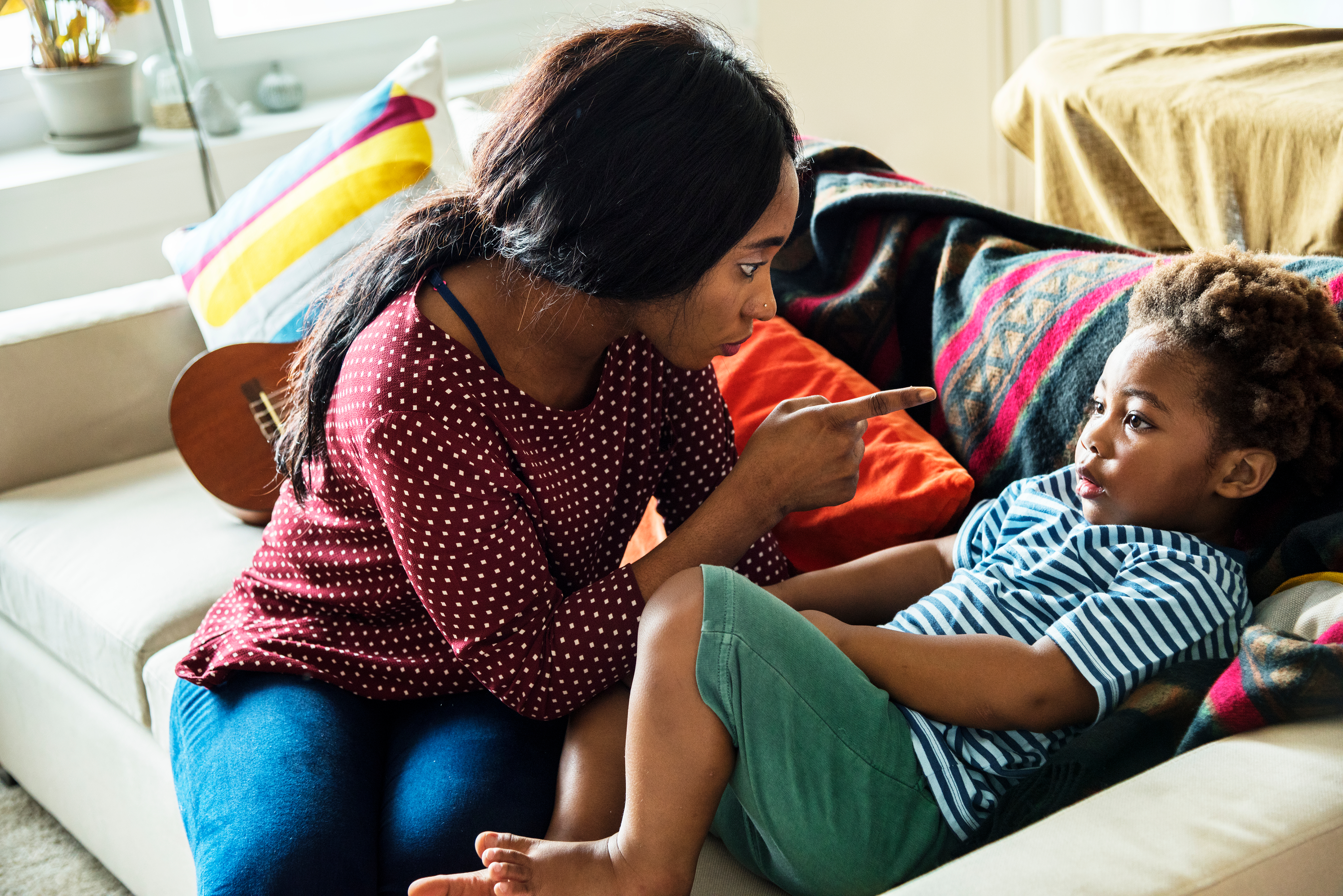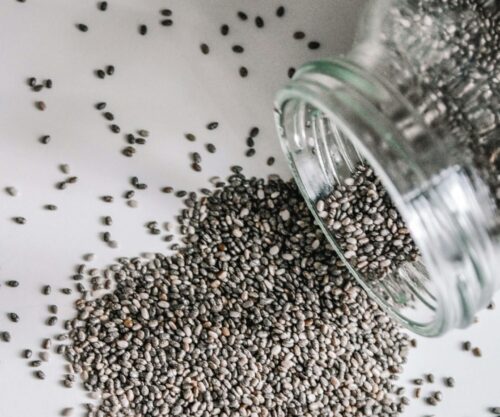
Parents have traditionally used spankings, and whippings to “correct” their children’s behaviour. Yet, as social norms shift and more information emerges in favour of alternatives, the distinction between “corporal punishment” and child abuse becomes increasingly blurry.
According to a recent study conducted by Duke University researchers, being affectionate toward a child after beating them does not help – in fact, it hurts.
“If you feel you can shake your children or slap them across the face and then gradually smooth things over by smothering them with affection, you are mistaken,” says main study author Jennifer E. Lansford of Duke University’s Social Science Research Institute. “Being really warm with a youngster who has been hit in this way rarely makes things better. That can make a child more worried, not less.”
According to Psychcentral, many studies have found links between physical punishment and adult mental health, physical injuries, parent-child relationships, and family violence.
In a large Canadian sample, one of the first such studies connected childhood slapping and spanking with psychiatric illnesses in adulthood, and its findings have since been validated by an increasing number of research. Physical punishment has been linked to a variety of mental health issues in children, adolescents, and adults, including despair, sadness, anxiety, feelings of hopelessness, drug and alcohol abuse, and general psychological maladjustment.
The cycle of physical discipline doesn’t end because when one experiences it, they are likely to repeat the cycle on their children and the damage goes on. If they don’t use it on their kids, their trauma, anxiety and depression may have a negative impact on their children anyone.
There are many other ways to discipline children rather than punishing them physically as the effects of that can’t be erased.




